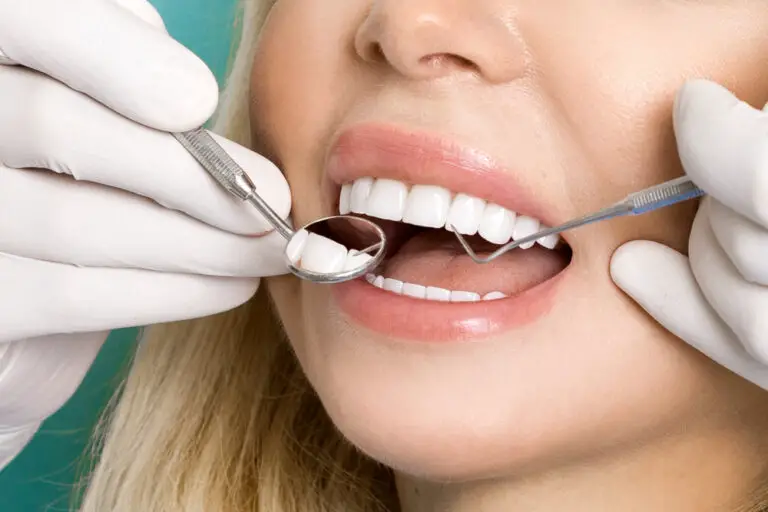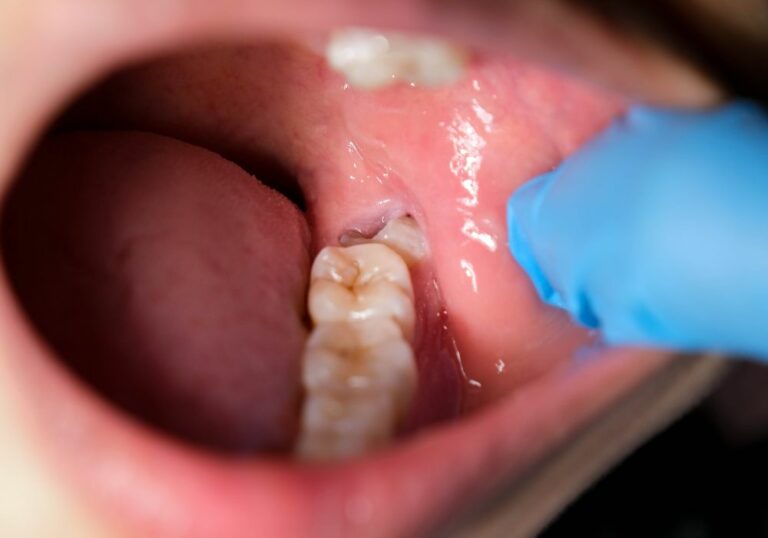Kittens are adorable bundles of joy that many would say are the cutest animals on the planet. But as they grow, they undergo several changes during their development, with one of the most important being their transition from baby teeth to their permanent adult set.
Understanding when this change happens is not only important in being able to notice behavioral changes but it will help you to support them during their teething process. Read on as we look at when do kittens lose their teeth and what you should do about it. Let’s get started!
When Do Kittens Lose Their Baby Teeth
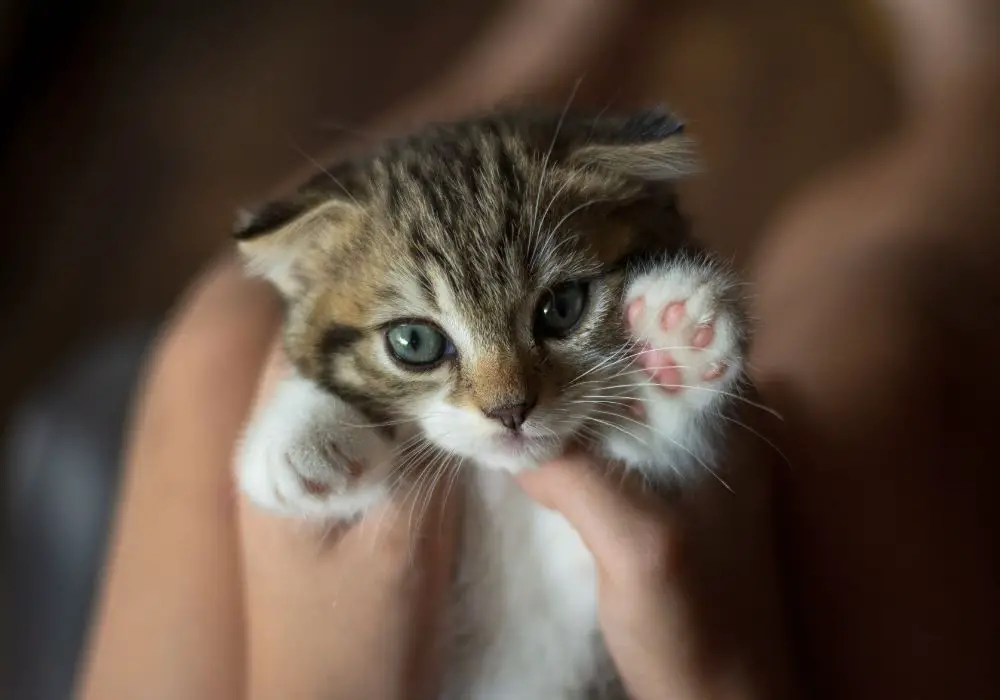
Just as us humans, cats are born with two sets of teeth. However, due to their shorter lifespan, the development of cat teeth is much quicker, and by the time they are six weeks old, they usually have their full set of baby teeth.
These teeth don’t last for very long at all and by the time they are 11 to 12 weeks old, they usually start falling out to make way for their adult teeth. It’s a rapid development but those first teeth are important to aid their rapid body growth as an adult set would be too big for their little mouths.
The Timeline of Baby Teeth Loss
To help you better understand the development of cat teeth, it’s good to look at a timeline so you know what to expect at each stage. Once you know this, then we can go through how you can support your cat in each of these stages.
- Birth (0-2 weeks) – As with humans, kittens are born without teeth and will suckle for their mother’s milk for the first stage of their life.
- 2-4 weeks – While they are born toothless, they don’t take long to come through! At around 2 weeks some teeth start to show through which usually starts with their incisors (their front teeth) and is quickly followed by their famous fangs, called canines.
- 3-6 weeks – At this stage, the rest of their teeth start to grow in which are the premolars and molars. These are your flatter teeth used for chewing. In total, your baby kitten will have 26 teeth compared to the 30 they get as adults.
- 3 Months – This is when their baby teeth start to fall out. We say 3 months but it can be a little earlier than this. The teeth usually fall out in the same order that they came in, which are incisors first, followed by the canines and then the premolars/molars.
- 3-4 months – Here their adult set of permanent teeth with start to grow though and they will follow that same order again. These grow in a little slower than the baby teeth and the whole process is going to take a few months.
- 5-6 months – The final teeth to come through are those premolars and molars which they use for chewing. At this stage, they will most likely show their most serious signs of teething and may be in discomfort at times.
- 6-7 months – By this time, the teething process is usually complete. Your cat will no longer be teething and therefore no longer in discomfort. The 30 teeth they now have will be the only set they have for the rest of their life.
It’s important to note that the timing of these teeth coming through and the order they emerge can change from one cat to another. The dates above are the averages so don’t worry if it doesn’t exactly follow this order. If you do have any concerns, then it’s best to consult with a vet.
Complete Guide to Cats and Teething
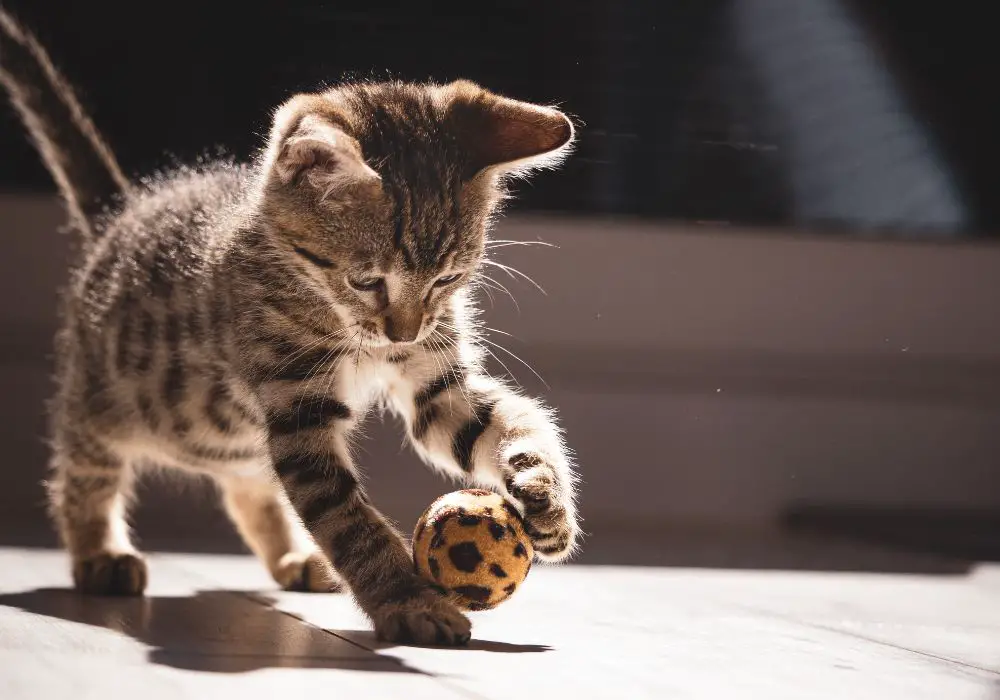
With knowing the timeline of a cat’s teeth, it allows you to better understand and support their teething process. Just as with baby humans, little kittens will also experience some discomfort while their baby and adult teeth are emerging.
Not only can teething cause pain, but it’s also possible to see some behavioral changes too. Let’s look at the common symptoms of teething before looking at how to care for a teething cat.
Signs of Teething in Cats
During the teething process you’ll no doubt see some common symptoms. It’s important no know that these symptoms in isolation don’t always mean they are teething, as they can be a sign of other issues. However, if you get a few of these symptoms at the same time then it’s likely caused by teething,
- Chewing or biting on objects more frequently
- Drooling
- Swollen or red gums
- Increased irritability or sensitivity
- Reluctance to eat hard food
- Mild bleeding from the gums
Most of these symptoms are not serious on their own and won’t need intervention from a vet. While that’s true, you should be mindful of these symptoms not being too prolonged or severe.
For example, if your cat is refusing to eat food for more than a day or so then this can be a serious sign of concern. Likewise, if bleeding from the gums is excessive then that’s a sign that you may need to go to the vet.
Providing Comfort and Care for Teething Kittens
Are you hoping to support your kittens through their teething? If so, there are many do’s and don’ts that you need to follow. Here’s how you can guide your kitten through their journey to having fully formed adult teeth.
- Chew Toys – The best thing you can do is to provide your kitten with soft and kitten-safe chew toys which will allow them to alleviate some of their discomfort. Not only will this help them, but it will also prevent them chewing on your furniture!
- Cold Items – To add further relief to their chew toys, you can make them cold by putting them in the fridge to give them even more relief. This can be a new chew toy or anything that they like to gnaw on.
- Wet Food – Hard food will be difficult to eat for those sensitive gums. You can either buy them wet food to enjoy or another solution is to simply add water to their regular food. It’ll help to break it up and will mean they won’t need as much chewing.
- Massage – Another great idea is to gently massage your kitten’s gums with your fingertips. This can help to give them comfort and relief. Ensure that your hands are clean and that you’re not pressing down too hard.
- Room Temperature Water – If their teeth and gums are sensitive, then drinking cold water may give them sharp pain. Reduce the temperature of their water while they are teething as it will be much more comfortable for them to drink.
- Medications – Don’t give your kittens any medications that are meant for humans as they may be toxic to them. If your cat is in severe pain then you should take them to the vet and only give them pain medication that they recommend.
- Supervision – Make sure to keep your eye on your kittens while they are teething and observe the symptoms stated above. If these symptoms become severe then it’s best to be safe and get your kitten checked over.
Dental Care for Kittens
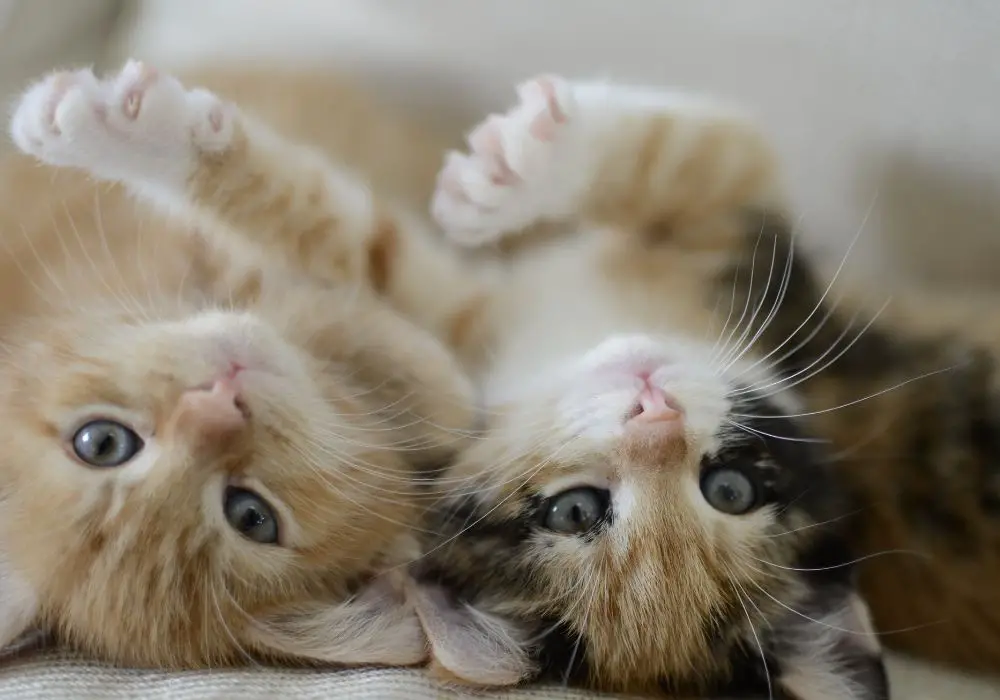
Even from the age of a kitten, it’s important to support your kitten through their teeth development and put in place some good habits to take care of their adult teeth. Here are some great tips to keep their teeth healthy and avoid any dental problems.
- Brushing – Cats need to have their teeth brushed if you want to avoid any dental problems. You need to use a soft-bristled brush made specifically for cats. It’s a great idea to get them used to the toothpaste before gradually introducing them to the brush.
- Dental Treats and Toys – You can buy both treats and toys which can aid in dental care. These are uniquely shaped so that they scape against the teeth when being chewed. This chewing will help to remove any plaque that is built up on their teeth.
- Balanced Diet – You’ll want to ensure that your kitten can have a nice balanced diet giving them all the nutrients they need. Along with this, you’ll also want to avoid giving them food made for humans as they can be high in sugar.
- Water Additives – There are additives you can buy which will be dissolved in water. These additives can soften and reduce the build-up of plaque. It can be an easy way to prevent dental issues which can be used alongside brushing.
- Dental Cleaning – If your cat has developed stubborn tartar (a hardened version of plaque) on their teeth then you can have their teeth professionally cleaned. Tartar will harbor bacteria which is likely to cause tooth decay and can lead to gum disease.
- Regular Check-Ups – The final thing you can do for their dental health is to get regular check-ups. Your vet will be able to advise if they need a better cleaning routine and help to resolve any minor issues before they become bigger problems.
Conclusion
As a cat owner, you’ll want your precious kittens to grow up healthy and happy. A bit part of that is supporting them through their teething process and then keeping their teeth clean when their adult set comes through.
Baby kittens will lose their baby teeth between the ages of three to six months. During this time, you can support them using our tips above and take them to the vet if any of their symptoms become severe.


